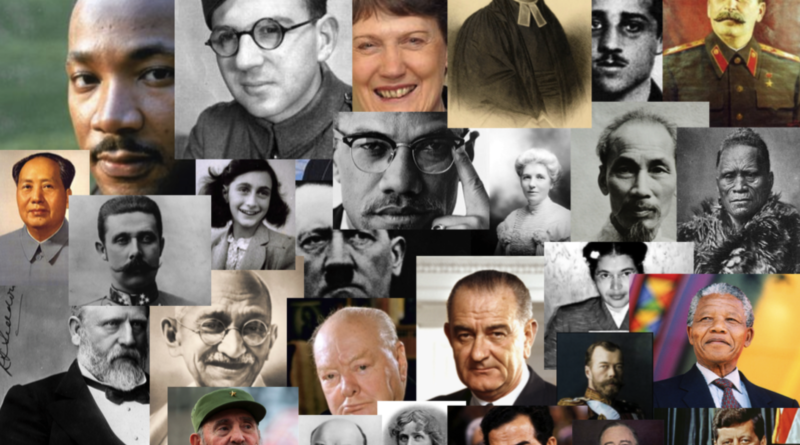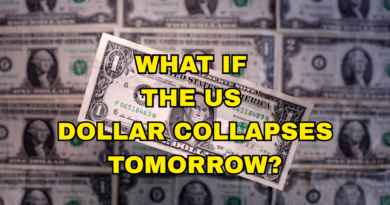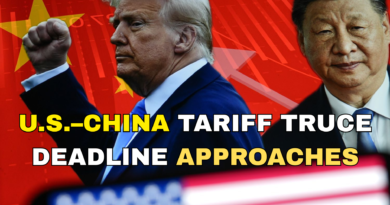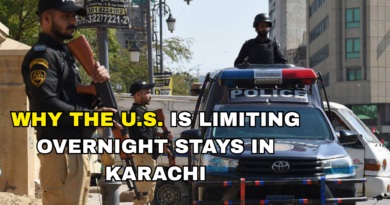TOP 10 BIGGEST POLITICAL LEADERS WHO CHANGED THE WORLD
Throughout history, powerful political leaders have shaped nations, transformed societies, and influenced the future of the world. Their vision, courage, and leadership brought great changes, both positive and sometimes controversial. These leaders did not just rule their countries; they left a mark on world history that continues to inspire people today. Here is a look at the top 10 biggest political leaders who changed the world.
1. Mahatma Gandhi (India)
Mahatma Gandhi is remembered as the father of modern India and the global icon of peace. He fought against British colonial rule through non-violence (ahimsa) and truth (satyagraha). Gandhi’s idea of peaceful resistance inspired civil rights movements across the world, including leaders like Martin Luther King Jr. and Nelson Mandela. His leadership proved that freedom can be achieved without war.
2. Nelson Mandela (South Africa)
Nelson Mandela spent 27 years in prison fighting against apartheid, a system of racial discrimination in South Africa. After his release, he became the first Black president of South Africa in 1994. Mandela promoted reconciliation, unity, and equal rights, preventing civil war in his country. His struggle against racial injustice made him a global symbol of courage and forgiveness.
3. Abraham Lincoln (United States)
Abraham Lincoln, the 16th President of the United States, played a major role in ending slavery in America. During the American Civil War, his leadership preserved the Union and gave birth to a stronger democracy. His famous speeches, such as the Gettysburg Address, continue to inspire values of freedom and equality. Lincoln’s assassination in 1865 made him a martyr for liberty.
4. Winston Churchill (United Kingdom)
Winston Churchill is best remembered for leading Britain during World War II. His powerful speeches, courage, and determination inspired the British people to resist Nazi Germany. Churchill’s leadership played a major role in the Allied victory. Beyond the war, he was also a historian, writer, and Nobel Prize winner in literature, making him one of the most influential figures of the 20th century.
5. Martin Luther King Jr. (United States)
Although not a head of state, Martin Luther King Jr. was a political leader who changed America through the Civil Rights Movement. His famous “I Have a Dream” speech symbolized the fight for racial equality. By promoting non-violent protest, King helped end segregation laws and secure voting rights for African Americans. His work continues to inspire human rights movements worldwide.
6. Jawaharlal Nehru (India)
Jawaharlal Nehru, India’s first Prime Minister, played a key role in shaping modern India after independence in 1947. He promoted democracy, secularism, and industrial growth. Nehru also introduced the idea of non-alignment, keeping India independent from both U.S. and Soviet influence during the Cold War. His vision laid the foundation for India’s rise as a democratic nation.
7. Franklin D. Roosevelt (United States)
Franklin D. Roosevelt (FDR) served as U.S. president during the Great Depression and World War II. He introduced the “New Deal” programs, which gave jobs, relief, and stability to millions of struggling Americans. During World War II, his leadership helped build the Allied powers, eventually leading to victory. Roosevelt remains a symbol of resilience during crisis.
8. Vladimir Lenin (Russia)
Vladimir Lenin was the leader of the Russian Revolution in 1917, which overthrew the monarchy and established the world’s first communist state. Though controversial, Lenin’s ideas and leadership transformed Russia into the Soviet Union, influencing global politics for decades. His role in shaping communism changed the balance of world power throughout the 20th century.
9. Margaret Thatcher (United Kingdom)
Known as the “Iron Lady,” Margaret Thatcher was the first female Prime Minister of the UK. She introduced economic reforms that promoted privatization, reduced the power of trade unions, and strengthened Britain’s global influence. Though her policies remain debated, Thatcher’s strong leadership made her one of the most powerful women in world history.
10. Barack Obama (United States)
Barack Obama became the first African American president of the United States in 2008. His leadership brought hope, unity, and progress in areas such as healthcare reform, climate agreements, and global diplomacy. Obama’s presidency broke racial barriers and inspired millions worldwide with his message of “Yes, we can.”




